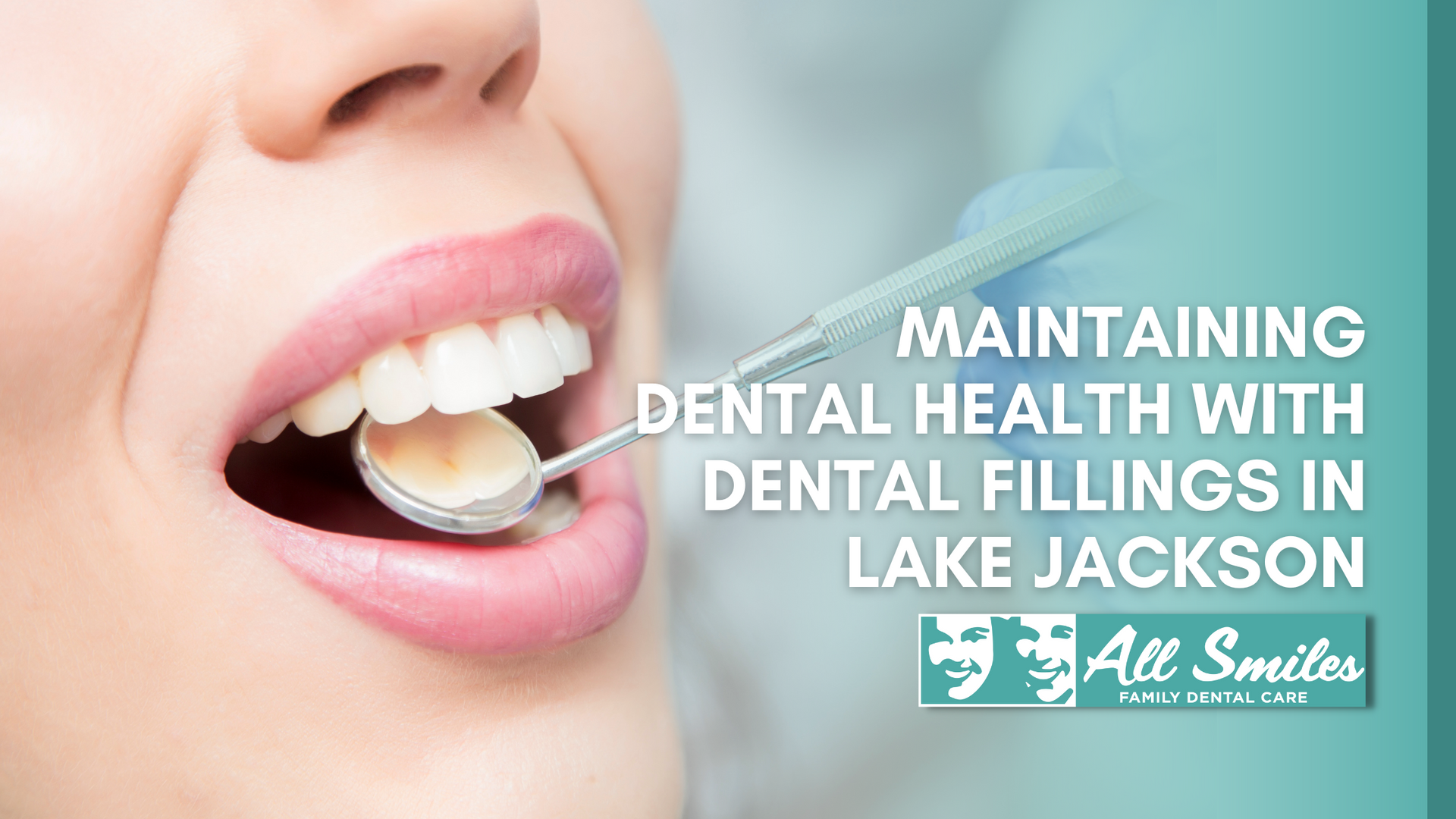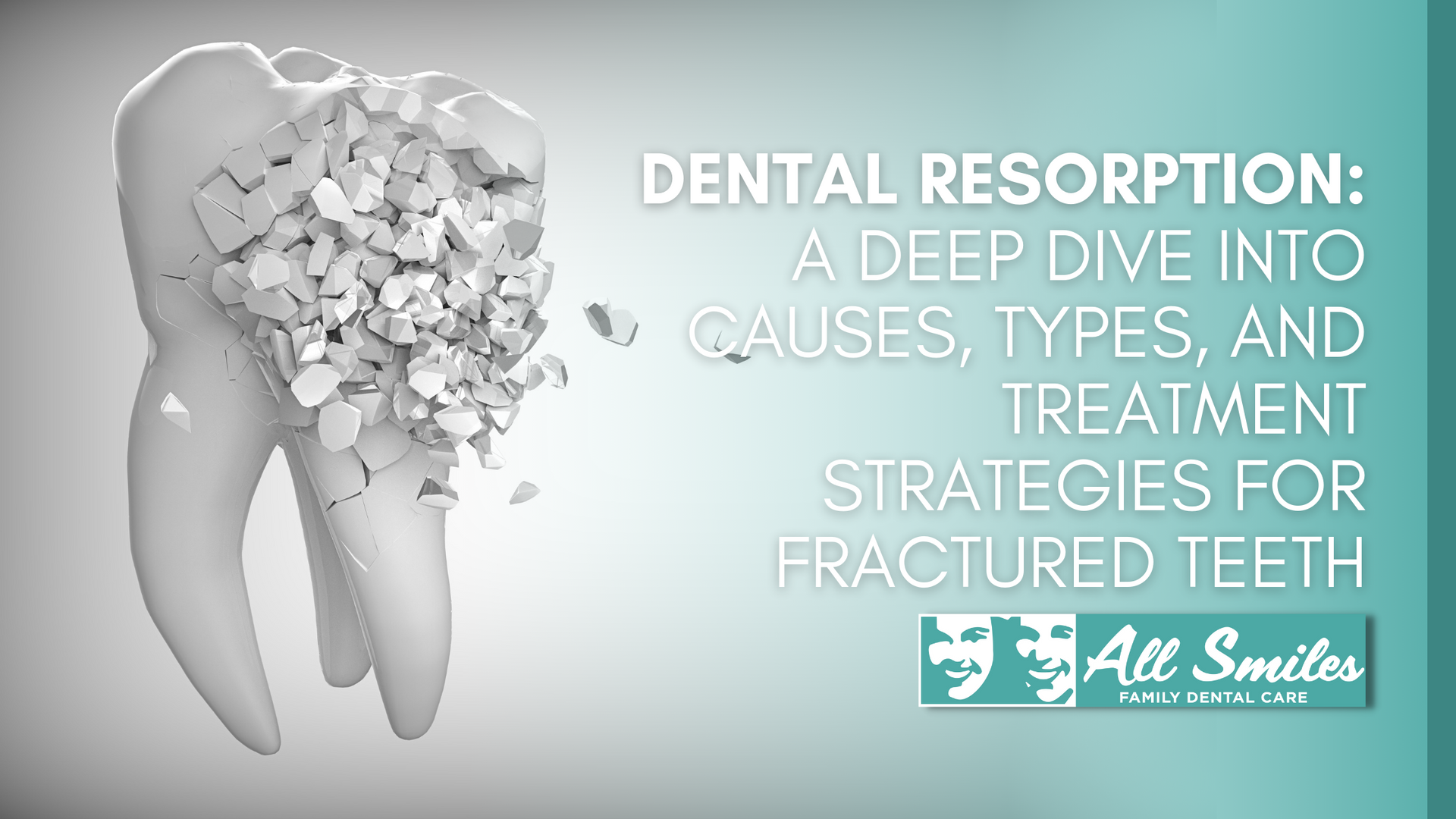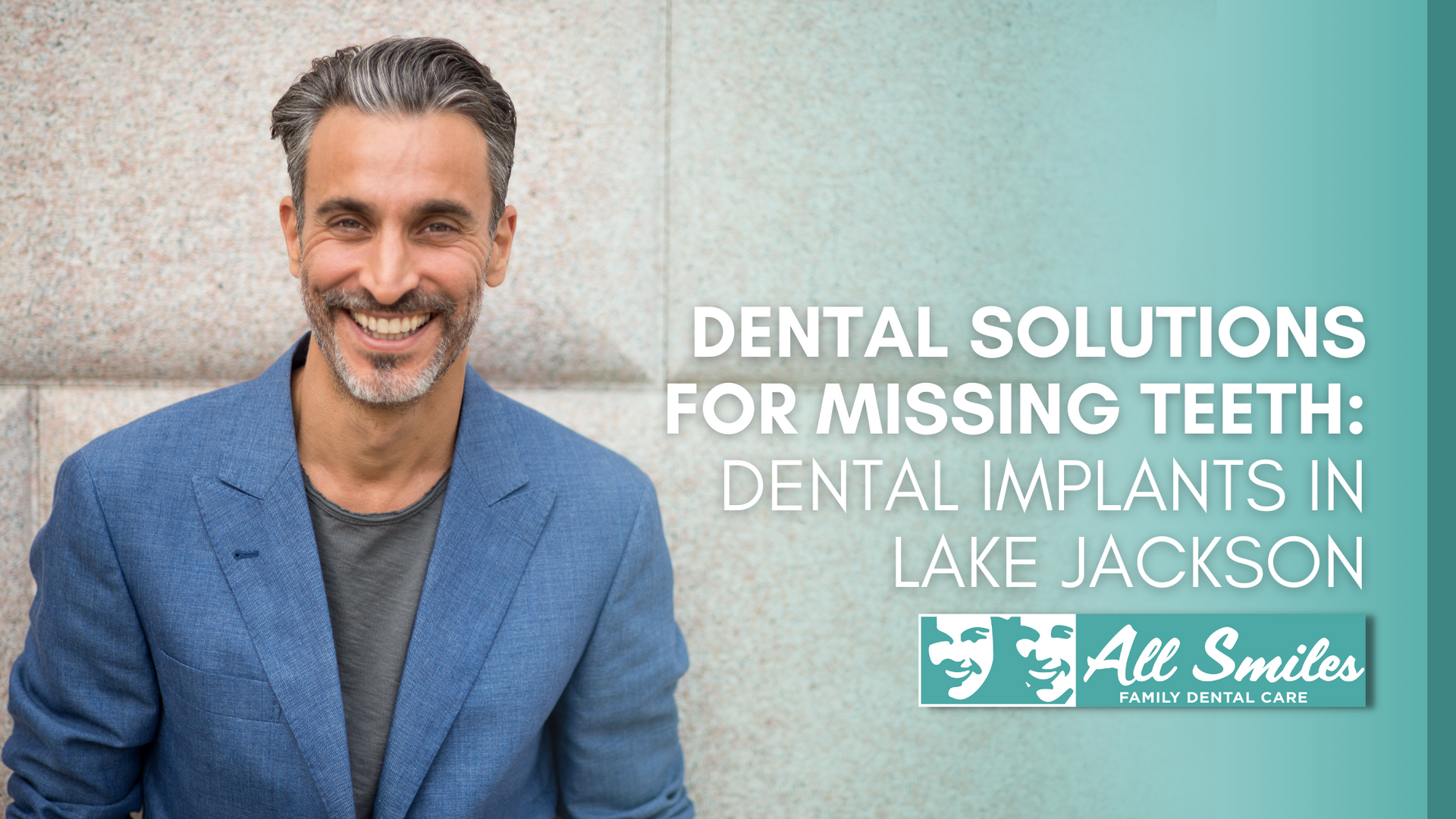What Are The Warning Signs of Sleep Apnea?
Do you sleep fitfully, waking yourself up at least once per night choking or gasping for breath? Do you wake up with headaches or experience mood swings or depression during the day?
If you answered yes to one or more of the previous questions, you might be suffering from a condition called sleep apnea. Not only is sleep apnea troublesome to your sleep schedule, but it can also have potentially life-threatening complications. The good news, however, is that the condition is treatable.
What Is Sleep Apnea?
Sleep apnea, also known as obstructive sleep apnea or OSA, is a sleep disorder in which anatomical structures block your airway while you sleep. Adults, as well as children, can suffer from sleep apnea, and it has several different causes: enlarged tonsils or an overly large uvula, unusually small airways in your nose or throat, a large or thick neck, or a larger than average-sized tongue. While in a state of relaxation, these structures can close up or shift position, partially obstructing your airway and forcing your chest muscles and diaphragm to work harder to pull oxygen into the lungs.
Sometimes, people with sleep apnea wake themselves up when they have difficulty breathing during sleep. However, if you have OSA, it’s possible to be unaware of it, which is why it can be potentially dangerous.
What Are Some Common Sleep Apnea Warning Signs?
Some sleep apnea warning signs occur during sleep, while others occur during the daytime when you are awake. Some of the sleep apnea symptoms that you may experience while you are sleeping (or trying to) include the following:
- Snoring
- Restlessness or inability to sleep soundly
- Waking up at least once per night due to difficulty breathing (gasping, choking, etc.)
- Night Sweats
- Difficulty waking up in the morning
- Observed apneas, i.e., someone else reporting that you stop breathing for short periods while you sleep
However, sleep apnea can also affect you during your waking hours. The following are symptoms you may experience while awake.
- Sore throat, dry mouth, or headaches in the morning
- Fatigue or sleepiness during waking hours
- Depression, irritability, or mood swings
- Forgetfulness or trouble concentrating
It should be noted that sleep apnea is not the only potential cause of symptoms like these. However, if you experience these symptoms, you may need to have a sleep study conducted to either confirm or rule out a diagnosis of sleep apnea so that treatment can take place.
There are also other risk factors that may contribute to you developing sleep apnea, such as high blood pressure, smoking, diabetes, and being overweight or obese. Eliminating or controlling these factors may alleviate sleep apnea symptoms.
Why Is It Important To Treat Sleep Apnea?
A lack of sleep or poor quality of sleep makes it more difficult for you to function during the day. A particularly dangerous complication of sleep apnea is an increased likelihood of falling asleep while driving and potentially causing an accident while asleep behind the wheel. Lack of sleep can also have an adverse effect on your work or other daily activities, reducing your quality of life.
As serious as a lack of sleep can be, sleep apnea can also cause oxygen deprivation to your vital organs, such as your brain or your heart. If your heart does not get enough oxygen, it may become damaged, and your heartbeat can become irregular as a result. An irregular heartbeat can lead to other potentially life-threatening events such as a stroke or cardiac arrest.
How Is Sleep Apnea Diagnosed and Treated?
In addition to having an examination from a doctor or dentist and answering questions about your sleep habits, you may also need to have a sleep study done to determine if your symptoms are being caused by sleep apnea. While sleep studies are often conducted in a sleep lab, you may also be able to have one in the privacy of your own home. During a sleep study, physiological activities such as breathing patterns, heart rate, eye movements, brain and muscle activity, air flow, and blood oxygen levels are measured by special monitors that you wear on your body as you sleep.
Once sleep apnea is diagnosed, its treatment depends on its severity. Some severe cases of sleep apnea are addressed surgically, however, in many instances sleep apnea can be effectively treated by conservative (nonsurgical) means, such as a dental appliance.
A dental appliance is a soft plastic device, similar to the mouth guards that athletes use to protect their teeth. The device is specially molded to fit your mouth and works by holding the lower jaw, or mandible, in an advanced position, which prevents the tongue from blocking the throat.
Don’t Lose Another Night’s Sleep
Sleep apnea is a treatable medical condition, so there is no reason for you to suffer a moment longer. Contact our staff at All Smiles Dentistry to set up an appointment to properly address any sleep apnea concerns you may have.
Image: Dean Drobot/Shutterstock
Watch our Helpful Video On Sleep Apnea Warning Symptoms
The post What Are The Warning Signs of Sleep Apnea? first appeared on All Smiles Dentistry.


We are the local Lake Jackson dentist near you!
We keep our patients smiling
Request Your Next Dental Appointment
We look forward to seeing you soon!
Please note, we will try our best to accommodate your schedule.
Thank you so much for contacting our dental practice. While we strive to respond to all inquiries right away, we may be away from the desk helping a patient or out of the office. We will do our best to reach back to you shortly.
Please note, if this is a dental emergency, it would be best to call our practice as this is the fastest way to reach us (979) 297-1128.
Please try again later
Lake Jackson Dentist
We understand that trying to find a nearby dentist you can trust is difficult, that is why we make it easy for you to work with us.
(979) 297-1128
205 Parking Way
allsmileslj@sbcglobal.net
Helpful Links
Dental Practice Hours
- Monday
- -
- Tuesday
- -
- Wednesday
- -
- Thursday
- -
- Friday
- -
- Saturday
- Closed
- Sunday
- Closed
All Rights Reserved | All Smiles Dentistry
All Rights Reserved | All Smiles Dentistry
Dentist Website Diagnosed, Treated, and Cured by Dr. Marketing Inc

